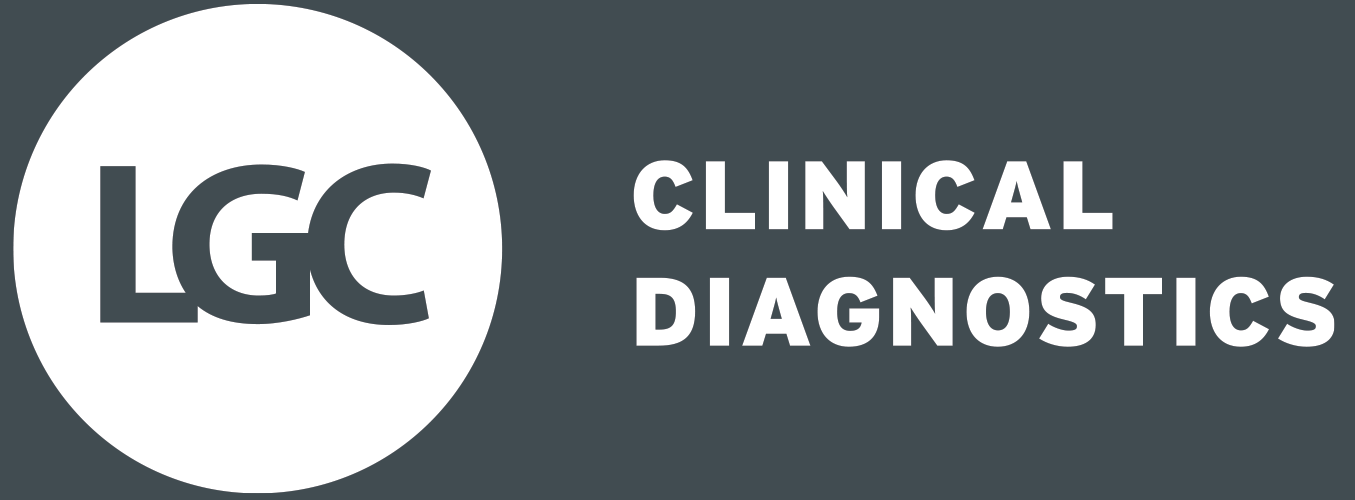QC Software Enhancements Provide Higher Confidence in NGS Assay Performance
Clinical labs are adopting next-generation sequencing technology at ever increasing rates. As sequencing costs decrease and the clinical utility of many applications increase, labs are rushing to implement clinical sequencing assays in part to keep critical patient testing volumes for cancer and inherited disease testing from leaving their networks.
While labs are investing in critical infrastructure, including bioinformatics and enhanced clinical reporting capabilities, one area that has not been keeping pace is the ability to handle the tremendous increase in QC data as a result of these massively parallel sequencing tests. Labs traditionally track using notebooks, Excel spreadsheets or, in some cases, commercial software systems. These systems were designed to handle the yes-no and singleplex data results typical of diagnostic algorithms. However, with the advent of next generation sequencing, and much more complex workflows, there are orders of magnitude more variables that are critically important to track. Moreover, the vast majority of these tests are laboratory developed, and due to the many separately sourced components, are at much greater risk to drift in performance if not continuously monitored. Even worse, once an issue is discovered, it could take days and weeks to troubleshoot the root cause, delaying further patient testing and adding additional costs to these laboratories.
SeraCare Life Sciences Inc., along with their key clinical lab partners has been working to address this common problem with the clinical implementation of NGS-based assays by developing software that decreases the workload of tracking while increasing the ability to monitor very complex QC metrics and trend them over longer periods of time.

